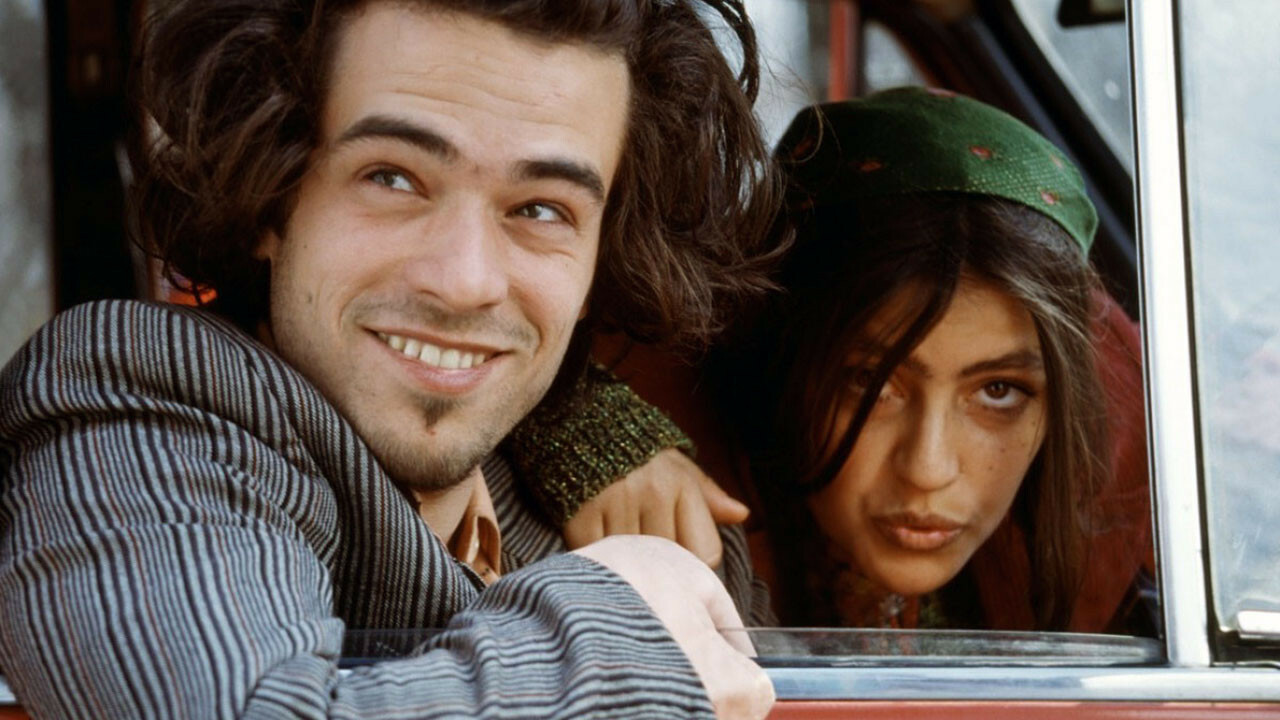

The representation of minority and immigrant experience has been taken up by a wide cross-section of contemporary European filmmakers, including Gianni Amelio, Tony Gatlif, Constantine Giannaris, Michael Haneke, Yesim Ustaoglu and Michael Winterbottom. Finally, I introduce the concept of decentered multidirectionality as an appropriate constellation to capture the complex dynamics of circulation and mediation staged in Fatih Akın's ironic melodrama "Head-On" and the companion musc documentary "Crossing the Bridge." Narratives of migration as loss of home, dislocation and suffering are reframed in these films as a multi-sited, cosmopolitan consciousness that destabilizes the dichotomy between the native and the foreign. I complement my analysis of "Gegen die Wand" with a look at Akın's "Crossing the Bridge," whose localized celebration of sonic hybridity emphatically transcends binaries of an enlightened, civilized West versus a premodern East. I also contend that the musical interludes audiovisually enact the experience of 'space-time compression,' which, according to cultural geographer David Harvey, is a central feature of our technologically mediated postmodern world. This article investigates the use of music in service of dramatic irony in Fatih Akın's 2004 film "Gegen die Wand (Head-On)." I argue that if we resist the assumption of social realism, "Head-On" can be read as a rehabilitation of melodramatic form and structure by reviving the stage tradition of interspersing the dramatic action with musical performances.


 0 kommentar(er)
0 kommentar(er)
